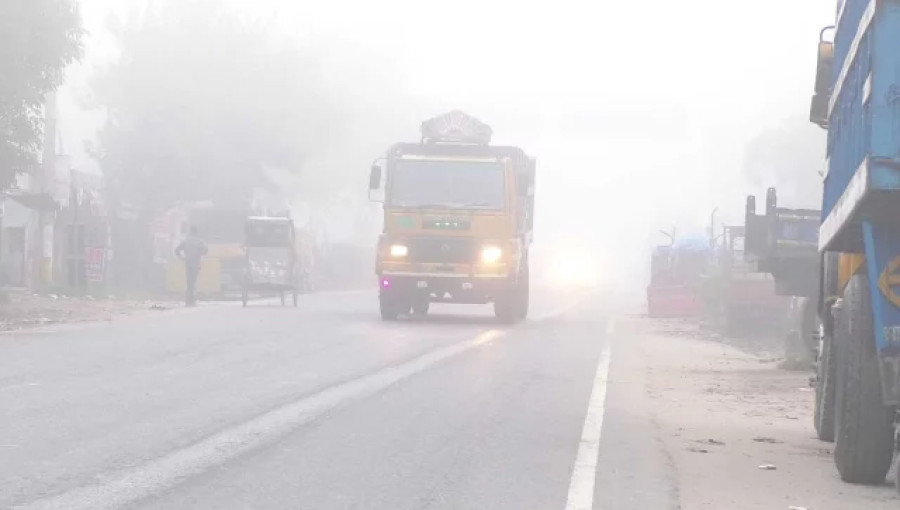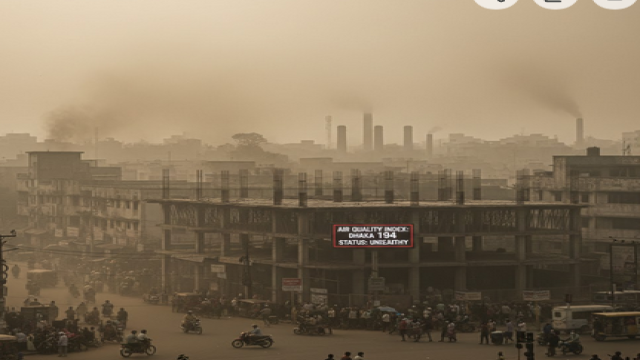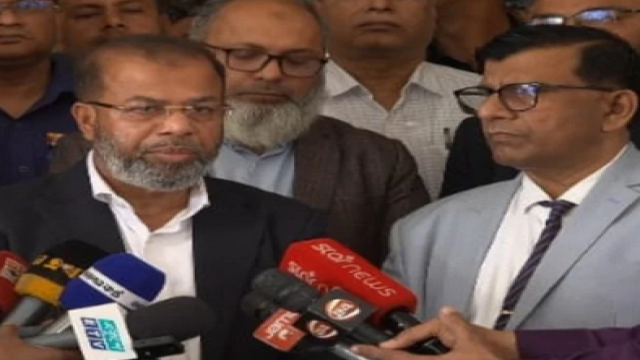Dhaka, Jan 27 (V7N) - Dhaka, the densely populated capital of Bangladesh, recorded the worst air quality in the world on January 27, 2025, with an Air Quality Index (AQI) score of 295 at 8:55 am. Classified as 'very unhealthy,' this level of pollution poses severe health risks to the city's residents.
Other cities with poor air quality included Pakistan's Lahore (AQI 232), India's Delhi (AQI 203), and Myanmar's Yangon (AQI 185).
The AQI, which measures five key pollutants—PM10, PM2.5, NO2, CO, SO2, and ozone—provides a benchmark for understanding the severity of air pollution. Values between 201 and 300 indicate 'very unhealthy' air, while readings above 300 are considered 'hazardous.
Dhaka's air pollution problem worsens during the winter season due to increased emissions and stagnant atmospheric conditions, though it typically improves during the monsoon.
Globally, air pollution remains a significant public health issue, contributing to an estimated seven million deaths annually, as per the World Health Organization (WHO). The primary causes include increased risks of stroke, heart disease, lung cancer, and respiratory infections.
Despite growing awareness, Dhaka continues to struggle with its pollution crisis, highlighting the urgent need for sustainable environmental management and pollution control measures.
END/CLM/RH/































Comment: